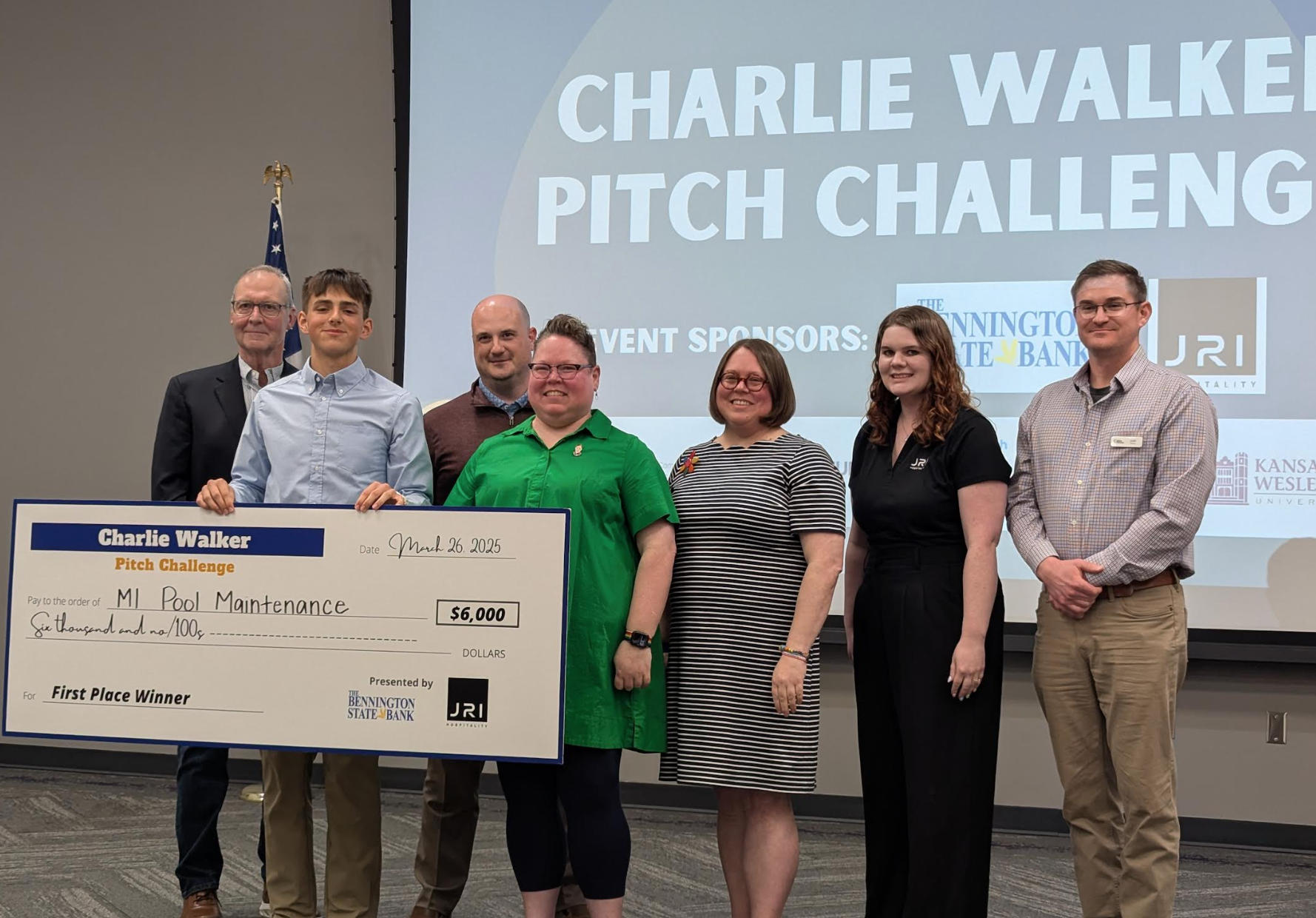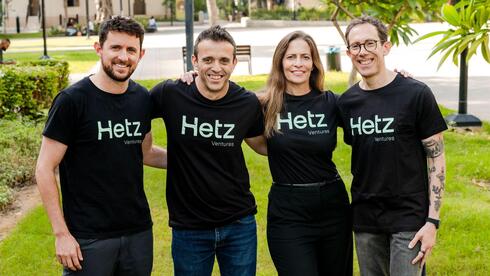Summary:
Sweaty startups, businesses in blue-collar fields like cleaning and pest control, are facing challenges from inflation, increased competition, and rising interest rates.
Owners like Patrick Hocker are finding customers are more price-conscious, leading to slower growth and pressure on profits.
Private equity firms are increasingly investing in these industries, adding pressure on small operators and potentially leading to increased competition and lower profit margins.
Stan Chen, owner of a house-cleaning service, experienced a 90% business loss during the pandemic but has faced tougher competition and higher costs since recovering.
Alejandro Florez, president of a cleaning company, notes the low barrier to entry in the industry, leading to saturation and increased competition.
Chris Salisbury believes automation is key to staying ahead of the competition, investing heavily in equipment to streamline his manufacturing process.
The Struggle is Real: 'Sweaty Startups' Face Headwinds
The term "sweaty startup" describes businesses in traditionally blue-collar fields like cleaning, pest control, and lawn care. While these entrepreneurs often love their work, they're facing challenges from inflation, increased competition, and rising interest rates.
Patrick Hocker, owner of Bluebird Pest Solutions, found that customers are more price-conscious and his business isn't growing as fast as he hoped. Rising costs for vehicle maintenance and labor are eating into his profits.
Nick Huber, who owns nine sweaty startups, points out that private equity firms are increasingly investing in these industries, adding pressure on small operators. This could lead to increased competition and lower profit margins for independent businesses.
Stan Chen, owner of BerryClean, a house-cleaning service in San Francisco, experienced a 90% business loss during the pandemic. He managed to recover, but competition is now tougher, forcing him to raise prices and increase advertising.
Alejandro Florez, president of The Cleaning Pros of America, notes the low barrier to entry in the cleaning industry, leading to saturation and increased competition. He's even been approached by private equity firms wanting to invest, but he's turned them down.
Chris Salisbury, owner of nuDoors, which specializes in replacement cabinet doors, believes automation is key to staying ahead of the competition. He's invested over $1 million in new equipment to streamline his manufacturing process and believes this will help him stay ahead of smaller businesses struggling to adapt.
The Takeaway? While sweaty startups offer opportunities for entrepreneurs seeking flexibility and time with family, they're not without their challenges. Competition, rising costs, and economic uncertainty are all factors that can make scaling up a difficult task.
Sweaty Startup Owners Share Their Stories
This article provides personal anecdotes from owners of sweaty startups, highlighting the challenges and rewards of running a business in these industries. The stories provide a glimpse into the realities of operating a blue-collar business in today's economic climate.
Read the full article for more insights and perspectives from these successful entrepreneurs.






Comments